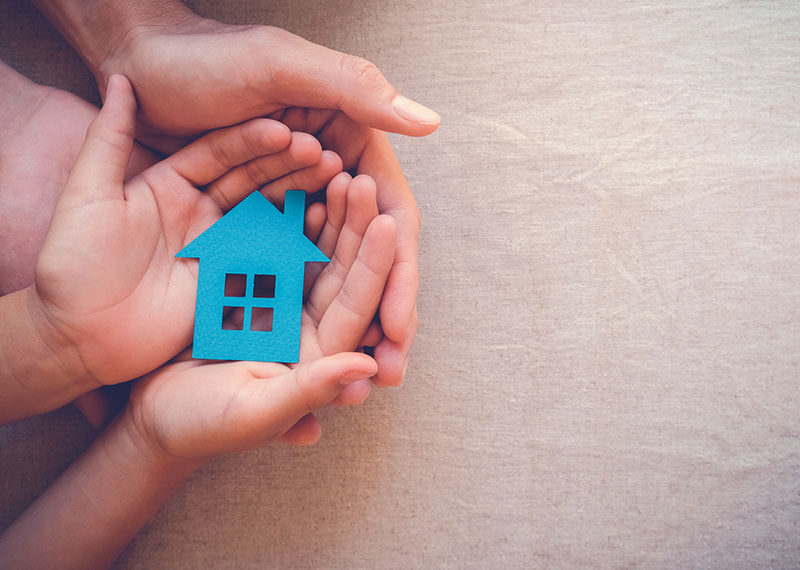Many buyers qualify for a loan, but they can't afford a large down payment. Do you want into buying a home, but don't know how to get your down payment together?
Tighten your belt and save.
Scrutinize the budget to find extra money to save for your down payment. There are bank programs through which some of your take-home pay is automatically placed into savings each pay period. You might look into some big expenses in your budget that you can give up, or trim, at least temporarily. For example, you might decide to move into less expensive housing, or skip a vacation.
Sell things you do not need and find a second job.
Maybe you can get a second job and build up your earnings. You can also seriously consider the possessions you really need and the things you can put up for sale. Maybe you have collectibles you can sell at an online auction, or household items for a garage or tag sale. You could also research what your investments could sell for.
Borrow from retirement funds.
Research the details for your particular plan. It is possible to borrow funds from a 401(k) for a down payment or withdraw from an Individual Retirement Account. Make sure you understand the tax ramifications, your obligation for repaying the money, and any early withdrawal penalties. And, in case you were wondering, any payment resulting from borrowing from your retirement plan will be added to your monthly obligations, therefore not calculated into your DTI (Debt-to-Income) ratio.
Ask for assistance from family members.
First-time buyers are sometimes fortunate enough to get help with their down payment help from thoughtful family members who are anxious to help them get into their first home. Your family members may be happy at the chance to help you reach the goal of buying your first home. These funds are called "Gift" Funds.
Learn about housing finance agencies.
Provisional mortgage loans are offered to buyers in specific circumstances, such as low income homebuyers or people planning to renovating homes in a particular area, among others. Financing through this kind of agency, you probably will get an interest rate that is below market, down payment help and other incentives. Housing finance agencies can assist eligible buyers with a lower interest rate, get you your down payment, and provide other benefits. These non-profit programs were established to boost the value of homes in specific areas.
Research no-down and low-down mortgage loans.
- FHA loans - The Federal Housing Administration (FHA), which is inside the U.S. Department of Housing and Urban Development (HUD), plays an important part in aiding low to moderate-income Americans get mortgages. Part of the U.S. Department of Housing and Urban Development(HUD), FHA (Federal Housing Administration) helps individuals get FHA assists first-time buyers and others who may not be able to qualify for a typical loan by themselves, by offering mortgage insurance to the lenders. Down payment totals for FHA loans are less than those of conventional mortgage loans, even though these loans hold current rates of interest. Closing costs might be covered by the mortgage, while the down payment can be as low as 3 percent of the total amount.
- VA mortgage loans - VA loans are backed by the Department of Veterans Affairs. Service persons and veterans can get a VA loan, which typically offers a competitive rate of interest, no down payment, and reduced closing costs. While it's true that the mortgages don't originate from the VA, the department certifies borrowers by issuing eligibility certificates.
- Piggy-back loans - You can fund a down payment through a second mortgage that closes with the first. In most cases the first mortgage covers 80% of the purchase amount and the "piggyback" funds 10%. Rather than the usual 20 percent down payment, the buyer just has to pull together the remaining 10 percent.
- Carry-Back loans - In a "carry back" mortgage, the seller commits to loan you a portion of his home equity to help you get your down payment funds. The buyer funds the highest percentage of the purchase price with a traditional mortgage program and finances the remaining funds with the seller. Usually you'll pay a slightly higher rate on the loan from the seller.
The feeling of accomplishment will be the same, no matter which strategy you use to come up with your down payment. Your new home will be well worth it!
Are you looking for a new mortgage loan? Need to talk about your down payment? We will be glad to help! Call us at (209) 470-7161
